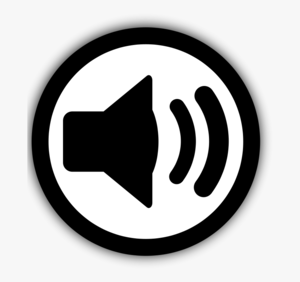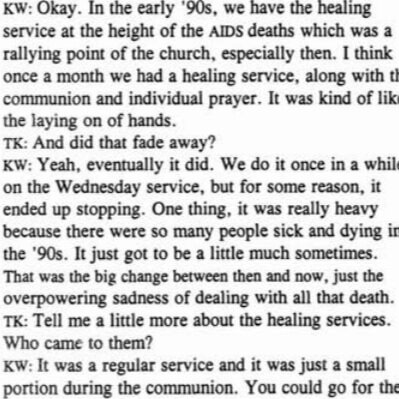Primary Source Set: religion and spirituality
Religion and spirituality intersect with LGBTQ identity in many ways. Some queer people find that coming out means leaving behind the conservative churches that raised them. Others find themselves inspired to attend queer-friendly churches, like the Metropolitan Community Church, Unitarian Universalist congregations, and many non-Orthodox synagogues. Many queer people also find community among pagan believers, including groups like the Radical Faeries.
Regardless of personal belief, queer people often express themselves by adapting religious imagery for their own. The Sisters of Perpetual Indulgence choose names and clothing that parody Catholic nuns, but are deeply sincere about their vows, ministry, and calling. Queer people use images of religious martyrdom to protest discriminatory laws and describe the pain of living with AIDS.
Although relationships between queer people and organized religion can be fraught, many LGBTQ folks are strongly driven to find a faith and a community that will accept and celebrate them on their own terms. This source set covers only a small number of the ways this drive can express itself.
Selected Source Set
Additional Resources
The Bay Area Reporter has some coverage of queer faith and spirituality, although it follows some groups more closely than others.
The GLBT Historical Society maintains many collections related to religion; most are listed in this research guide. Contact reference@glbthistory.org for research questions or information about reproductions and permissions.
These primary source sets are just a small sampling of our digitized materials. Additional resources are available in our digital collections. Our extensive archival holdings are searchable through our catalog.



















